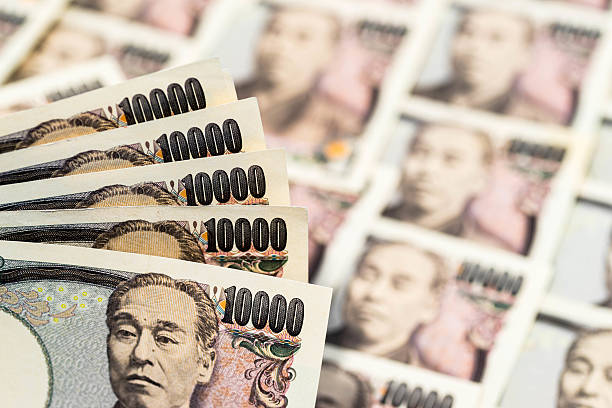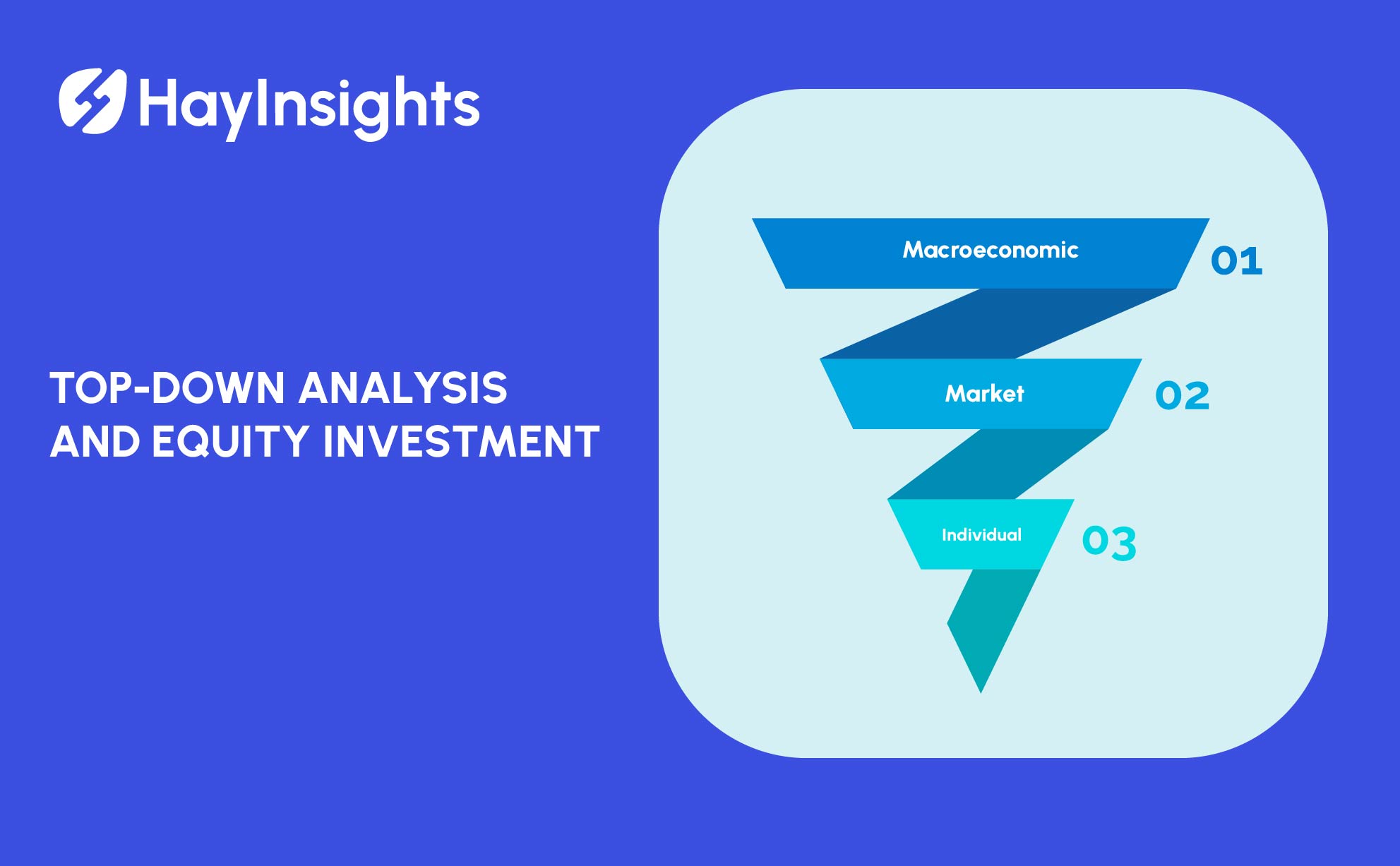
Unlocking Japan’s Commodities Trading: A Critical 2024 Outlook
Introduction
Japan’s commodities trading landscape has long been shaped by global market dynamics. As a highly industrialized nation with limited natural resources, Japan relies heavily on imports of raw materials like oil, metals, and agricultural products. As global markets shift, so too do the opportunities and challenges faced by Japan’s commodity traders, industries, and economy. This article delves into how global markets influence Japan’s commodities trading, examining the historical context, current trends, and future outlook, while also exploring the regulatory framework and challenges that shape the sector today.
Overview of Japan’s Commodities Trading
Japan plays a significant role in the global commodities trading market, despite its relatively small landmass and scarcity of natural resources. Major commodities such as crude oil, liquefied natural gas (LNG), and metals like copper and aluminum are crucial to Japan’s manufacturing sector. Japan’s heavy reliance on commodity imports has made it sensitive to price fluctuations and supply chain disruptions in global markets.
Tokyo is home to one of the most prominent commodities exchanges in Asia, the Tokyo Commodity Exchange (TOCOM), which facilitates the trading of a range of products, including precious metals, energy, and agricultural goods. The exchange’s importance reflects Japan’s strategic approach to managing commodity imports and hedging against global price volatility.
Importance of Global Markets
Japan’s dependence on global markets for commodities highlights the importance of international supply chains, pricing, and trade agreements. Global economic conditions, geopolitical events, and technological advancements can all significantly impact Japan’s commodities market. As Japan’s industries are highly integrated into the global economy, fluctuations in global commodity prices affect production costs, inflation rates, and the overall economic landscape.
For example, rising oil prices due to geopolitical tensions in the Middle East can increase energy costs for Japan, a nation that imports nearly all its oil. Similarly, changes in global demand for industrial metals can affect the country’s manufacturing sector, especially in industries such as automobile production and electronics.
Historical Context
Japan’s Role in Global Commodities Trading
Japan has historically played an important role in global commodities trading, particularly during the post-World War II era of rapid economic growth. During this time, Japan emerged as one of the world’s largest importers of raw materials, necessary for rebuilding and industrialization. The nation developed strong trade ties with resource-rich countries across the Middle East, Southeast Asia, and Latin America.
Over the decades, Japan has shifted from primarily being an importer of commodities to an influential player in the global trading system. It has become an exporter of technology, capital, and industrial products while maintaining its reliance on importing essential resources like oil, LNG, and metals.
Key Economic Events Influencing Commodities
Several key global economic events have impacted Japan’s commodities trading landscape. The 1973 oil crisis was a defining moment, as Japan’s economy, heavily dependent on oil imports, was hit hard by the sudden increase in oil prices following the OPEC embargo. This event highlighted Japan’s vulnerability to external shocks in global markets and led to significant policy shifts towards energy diversification and the development of alternative energy sources.
In more recent history, the 2008 global financial crisis disrupted commodity prices worldwide, causing volatility in Japan’s markets. Additionally, the Fukushima disaster in 2011 led to increased reliance on imported fossil fuels as Japan shut down its nuclear reactors, again underscoring the critical connection between global markets and domestic commodity needs.
Current Trends in Global Markets
Emerging Markets and Their Influence
Emerging markets, particularly in Asia, have increasingly influenced global commodities markets. Nations like China, India, and Brazil have seen a surge in demand for raw materials as they undergo rapid industrialization and urbanization. This growing demand has led to price fluctuations in commodities such as oil, copper, and iron ore, directly impacting Japan.
China’s role as both a competitor and trading partner for Japan is particularly notable. China’s rising demand for oil and industrial metals has increased competition for resources in global markets, which in turn affects the prices Japan must pay for these critical imports. However, China’s economic slowdown or policy changes can also lead to price drops, creating opportunities for Japanese traders to secure commodities at lower costs.
Technological Advancements and Trading Platforms
Technological advancements have transformed commodities trading globally, and Japan is no exception. The rise of advanced trading platforms, algorithms, and data analytics has made commodities trading more efficient and accessible. Japan has adopted electronic trading platforms, allowing faster execution of trades and better price discovery mechanisms.
Blockchain technology and smart contracts are also beginning to impact commodities trading by enhancing transparency and reducing the risk of fraud. For Japan, these technological advancements can streamline the complex process of importing, storing, and distributing commodities across the archipelago.
Impact on Japan’s Economy
Effects on Domestic Commodities Prices
The prices of commodities in Japan are largely influenced by global market conditions. Rising global prices for oil or metals can translate into higher costs for Japanese businesses and consumers. For instance, an increase in crude oil prices directly affects the cost of energy production, transportation, and goods manufacturing, leading to inflationary pressures.
Conversely, when global markets experience a surplus of commodities, such as during a decline in demand from major economies, Japan may benefit from lower import costs. This helps to reduce the cost of production for Japanese industries, making their products more competitive in international markets.
Impact on Japanese Industries
Japan’s manufacturing sector, which includes automakers, electronics producers, and steel manufacturers, is particularly sensitive to fluctuations in global commodity prices. High prices for raw materials like steel and aluminum can increase the cost of production, squeezing profit margins and making Japanese goods less competitive in global markets.
Additionally, Japan’s energy-intensive industries, such as chemicals and refineries, are highly dependent on imported oil and gas. Any disruptions in global energy supplies can have a significant impact on these sectors, potentially leading to slowdowns in production or price increases for consumers.
Regulatory Framework
Government Policies Affecting Commodities Trading
Japan’s government has implemented various policies to manage the country’s dependence on global commodities and mitigate the risks associated with market volatility. The government has focused on diversifying energy sources, increasing stockpiles of essential commodities, and promoting energy efficiency.
Japan has also taken steps to reduce its reliance on fossil fuels by investing in renewable energy and nuclear power. Following the Fukushima disaster, the government has continued to balance energy needs with safety concerns, working to restart nuclear reactors while also encouraging the adoption of solar and wind power.
International Trade Agreements
International trade agreements have played a crucial role in shaping Japan’s commodities trading environment. Trade pacts with major resource-exporting countries, as well as participation in multilateral agreements such as the Trans-Pacific Partnership (TPP), have helped Japan secure stable access to raw materials.
These agreements also help reduce tariffs and trade barriers, making it easier for Japan to import essential commodities at competitive prices. As global trade evolves, Japan continues to engage in diplomatic efforts to ensure its access to vital resources.
Challenges Facing Japan’s Commodities Market
Market Volatility
Global commodity markets are notoriously volatile, with prices subject to rapid changes due to factors such as geopolitical tensions, natural disasters, and economic shifts. For Japan, this volatility poses a significant challenge, as the country is highly reliant on stable and affordable access to raw materials.
To manage this volatility, Japanese businesses and traders often engage in hedging practices, using financial instruments to lock in prices and protect against future fluctuations. However, even these measures cannot fully shield the economy from global market shocks.
Competition from Other Global Markets
Japan faces increasing competition from other global markets, particularly emerging economies with growing demand for the same commodities. China, India, and other Asian nations are competing for resources like oil, LNG, and industrial metals, driving up prices and making it harder for Japan to secure favorable trading terms.
In response, Japan has sought to diversify its supply chains by establishing trade relationships with new partners and investing in alternative energy sources. This strategic approach aims to reduce Japan’s vulnerability to competition and ensure the stability of its commodities supply.
Future Outlook
Predicted Trends in Commodities Trading
The future of Japan’s commodities trading landscape will likely be shaped by several key trends. First, the global transition towards renewable energy will have a significant impact on Japan’s demand for traditional fossil fuels. As Japan continues to invest in green technologies, the country’s reliance on oil and gas may decrease, while demand for materials like lithium and rare earth metals will rise.
Additionally, technological advancements, particularly in digital trading platforms and blockchain, are expected to further enhance the efficiency and transparency of commodities trading. Japan’s adoption of these technologies will be critical in maintaining its competitiveness in global markets.
Strategies for Adaptation and Growth
To adapt to these changes, Japan will need to continue diversifying its sources of commodities and invest in new technologies. Strengthening trade partnerships, both regionally and globally, will also be essential for securing access to critical raw materials. Moreover, Japan’s commitment to sustainability and green energy could position the country as a leader in the future of commodities trading.
Conclusion
Summary of Key Points
Japan’s commodities trading landscape is deeply interconnected with global markets. From its role as a key player in global trade to the impact of emerging markets and technological advancements, Japan’s economy is shaped by the forces of supply and demand in global commodities. Government policies and international trade agreements play a vital role in managing Japan’s reliance on imported resources, while the challenges of market volatility and competition remain significant.
Final Thoughts on Japan’s Commodities Trading Landscape
Looking ahead, Japan’s commodities market faces both challenges and opportunities. By embracing new technologies and diversifying its supply chains, Japan can continue to navigate the complexities of global markets and sustain its economic growth. As the world moves towards a greener future, Japan’s ability to adapt to new trends in commodities trading will be crucial for maintaining its position in the global economy.













